15 November 2025
Booth House Lifehouse: No one is neglected
Stevie Hope
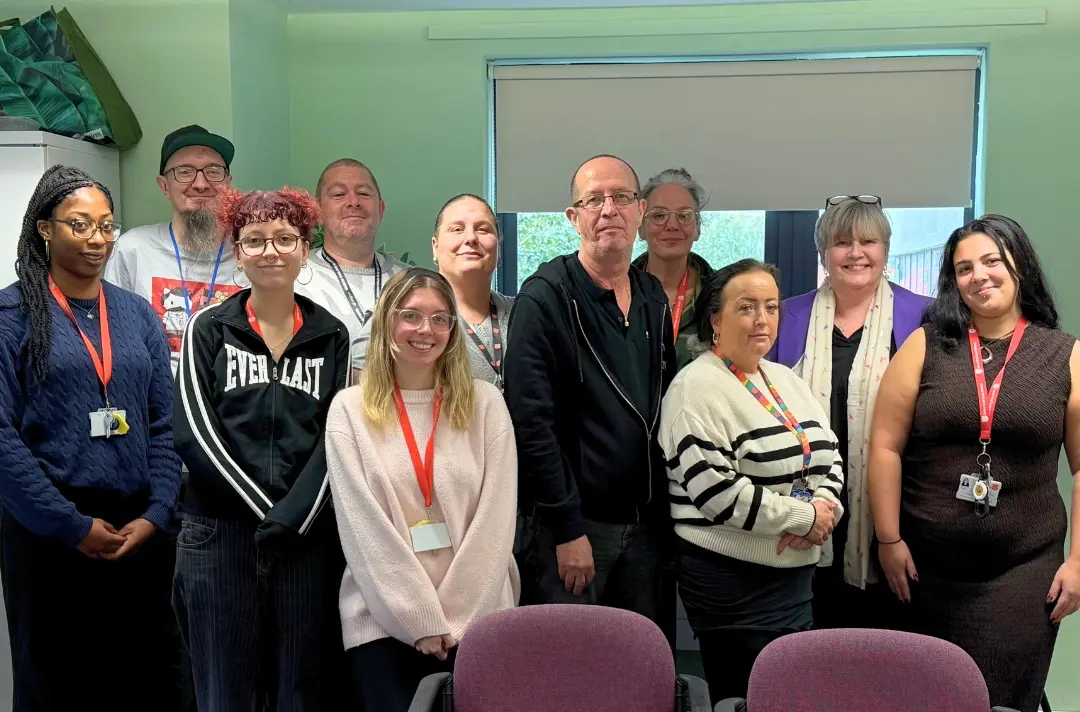
Patrick Holder-Mallett talks with Stevie Hope about the realities of serving others without discrimination.
‘We’ve worked with people who are sex offenders, but we don’t treat them differently because of their crime,’ says Patrick Holder-Mallett, programme manager at Booth House Lifehouse, Swindon.
Helping people without judgement can be easy when the only potential reason for discrimination is the colour of your football shirt. The lines that divide, though, aren’t always so mundane. How do you respond when you face a dividing line you struggle to bridge?
In Lifehouses, two of the biggest challenges residents face are addiction and poor mental health. These are each difficult on their own, but they’re also known to make each other worse.
‘We see lots of people’s mental health deteriorating to the extent that some only get the help they need when they’re hospitalised,’ Patrick reflects.
Something that’s helping at Booth House Lifehouse is the centre’s relaxation room. Set up on a budget of only £500, its warm comforting lights, contemplation music and massage chair are designed to help people unwind. But it also offers a safe space where no one feels intimidated, and everyone is on equal footing.
‘We have lots of residents with complex issues,’ Patrick continues. ‘We also have lots of residents with everyday issues that they’re not comfortable discussing. But the environment changes that.
‘For example, lots of people come to us due to situations related to domestic violence. We need to have difficult conversations with people and it’s easier to have those in a calming environment.’
There isn’t only one quiet room in the Lifehouse: there’s also the chapel. Alongside mental health support, care is given to spiritual support and, when discussions move towards faith, things move towards the chaplain, Captain Brian Ward.
‘We have a strong focus on faith and spirituality,’ Patrick affirms. ‘The team and residents understand that we exist because of the Church. Brian is an absolute blessing! Most people here are quite happy to meet him in the chapel.’
Of course, people of all religions struggle with faith, so non-Christians are not neglected from this service.
‘Even as a Salvationist, our chaplain is multi-faith,’ Patrick points out. ‘And we have staff members who are Muslim, which helps.’
It’s taken time for people to really trust the relaxation room and chapel, but there’s progress. One common obstacle is residents’ expectations around discrimination. The team work with people who have faced trauma, such as violent relationships or being thrown out of home for being gay.
‘People have preconceived ideas,’ Patrick admits. ‘They might expect we’re going to force them into prayer or accepting Jesus, but that’s not how we work. It’s a very open environment and we don’t judge people. We don’t push someone to stop drinking or taking drugs because we think it’s bad. We encourage them to consider what these things do to them. While we still have an abstinence approach, we recognise harm reduction.’
This culture is helped by having a diverse staff team.
Patrick continues: ‘Our staff are ethnically diverse and neurodiverse, and we have people who are gay, straight and identify differently. Residents quickly realise that this is a safe environment.
This accepting approach is vital in the face of things many people would find hard to look beyond. Your gut reaction might be to shy away from people on trial for a violent crime, for example, but that’s not how serving others without discrimination works.
‘We don’t treat people differently because of their crimes,’ Patrick asserts. ‘We don’t condemn people. We work to help them understand the reality of their actions. The only way they can go forward in life is by dealing with those issues.’
This has, in the past, come at a cost. Patrick recalls supporting someone who’s now serving more than 20 years in prison.
‘I was berated by members of the public,’ he admits. ‘Because there I am, with a Salvation Army badge on my clothes. People asked me: “How can you support someone who’s done that?” But ours is not to judge. That’s for the court of law and, ultimately, the Lord.’
Written by
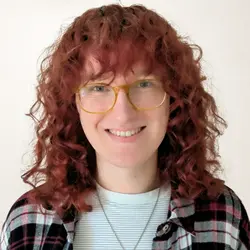
Stevie Hope
Assistant Editor
Discover more
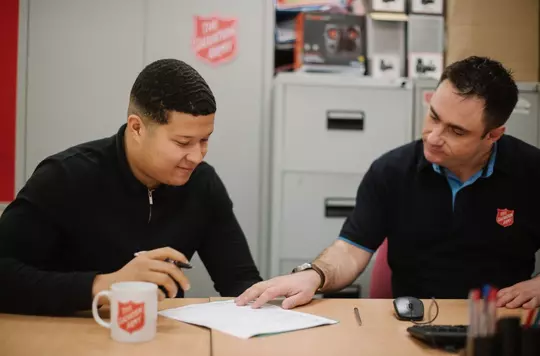
Mitch Menagh (THQ) unpacks the serve others without discrimination mission priority.
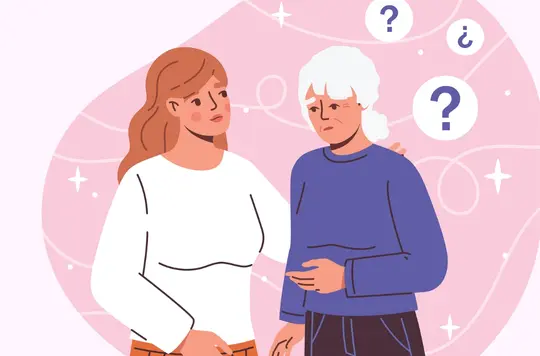
Ali Thornton-Dean encourages us to watch out for when we unintentionally hurt someone with our words.
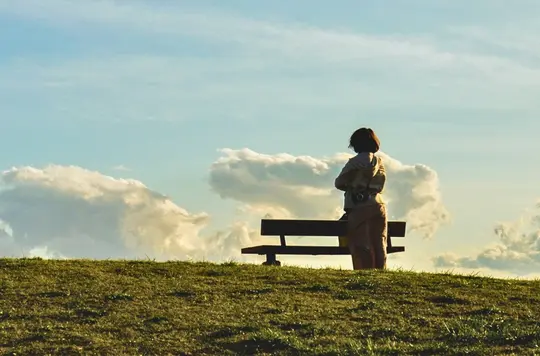
As the number of drug-linked deaths increases, Chris Hartley calls us to join the Army’s campaign for a compassionate response.
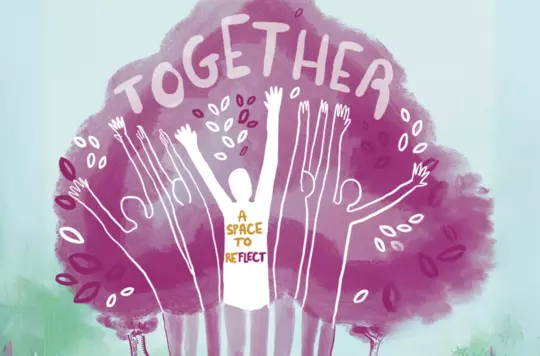
Dr Claire Luscombe and Dawn Richardson share the positive impact of trauma-informed care with Stevie Hope.